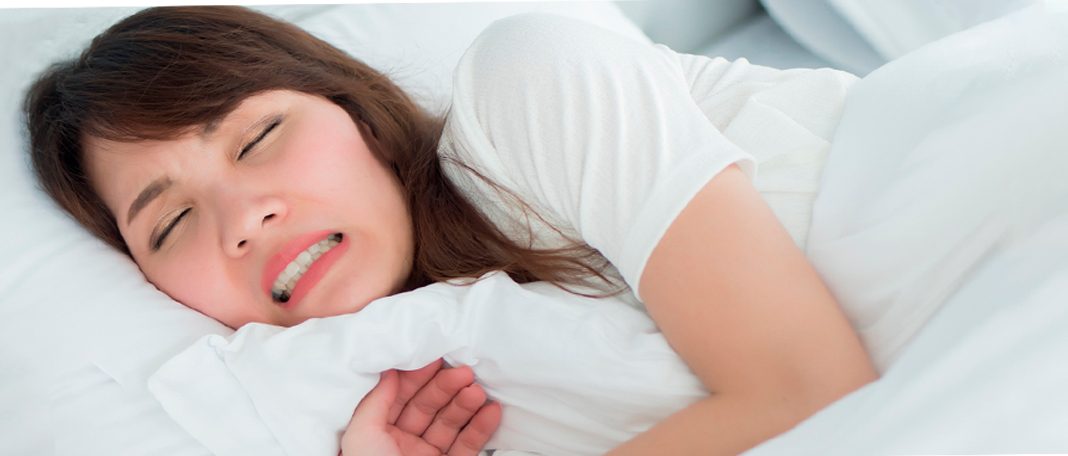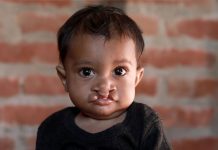Grinding teeth or bruxism is an unconscious habit most humans have. Find out home remedies to stop clenching teeth before things get serious.
Types of Teeth Grinding
I am seeing something. Wait, let me make a guess. You are currently hunched over your screen, your teeth are clenched, and your eyes are squeezed because you are concentrating very hard. Am I right?
This is how grinding teeth or the bruxism habit sets in. The clenching slowly evolves into continuous clenching and grinding.
Katayoun Omrani, an orofacial pain specialist at the Cedars-Sinai Pain Center in Los Angeles, says that there are only two types of bruxism:
Awake Bruxism
What causes awake bruxism? You are awake. You are experiencing nervousness, stress, anxiety, depression, frustration, or anger. You need something to bite to feel safe. There are no pencils or edibles nearby. Therefore, you begin clenching your teeth, bite your tongue or cheeks, or brace your jaws unconsciously while you are awake. You realize you are doing it yet you are unable to stop it.
Sleep Bruxism
What causes sleep bruxism? A hectic day, disturbed sleep, stimulating substances (smoking, alcohol, and drugs), irregular sleep patterns can cause sleep bruxism. People clench or grind their teeth hard enough to wake up with a sore jaw in the morning.
Long-term intake of antidepressants and other medications are also factors of teeth grinding. The study published in the Neurology Clinical Practice conducted a systematic review and found grinding teeth to be a side effect of selective serotonin reuptake inhibitors (SSRIs).
What Are the Symptoms of Teeth Grinding?
According to the Mayo Clinic, one out of three adults experience awake bruxism. While one out of ten adults experiences sleep bruxism. The common symptoms of grinding teeth are:
- Tooth sensitivity even without cavities. (Can be solved only by getting a root canal.)
- Weak and receding gums.
- Chipped or flattened teeth.
- Temporomandibular (TMJ) disorder
- Headaches, earaches, facial pain.
- Sore jaws and neck muscles.
- Disturbed sleep for your partner and you. (Sleep teeth grinding can be really loud.)
How to Stop Grinding Teeth Naturally?
Treatment for awake bruxism is simple:
- Remind yourself from time to time to stop clenching your teeth.
- Ask people to notify you if they see you grinding your teeth.
- Learn to manage your stress, anger, depression, or any other triggers leading to teeth clenching.
- Avoid smoking, consuming alcohol or drugs.
- Change your diet if foods trigger teeth clenching.
Treatment for sleep bruxism is tricky because people are usually unaware of the condition until the damage is done. Here are a few tips you could follow if you suspect sleep teeth grinding:
- Wear bite splints or night guards to sleep.
- Exercise, meditate, or do yoga to relax.
- Avoid consuming alcohol, drugs, or smoking right before bed.
- Create a healthy sleep cycle.
- Massage facial muscles, neck, and shoulders before going to bed.
If nothing works, get professional help immediately. Doctors usually prescribe muscle relaxants, sleeping pills, or any other medication to prevent bruxism. They can also insist you lay off or swap medications if they suspect bruxism as a side effect.
The bottom line is there is no permanent cure for bruxism. Treatments are only for reducing the pain and further complications.
















